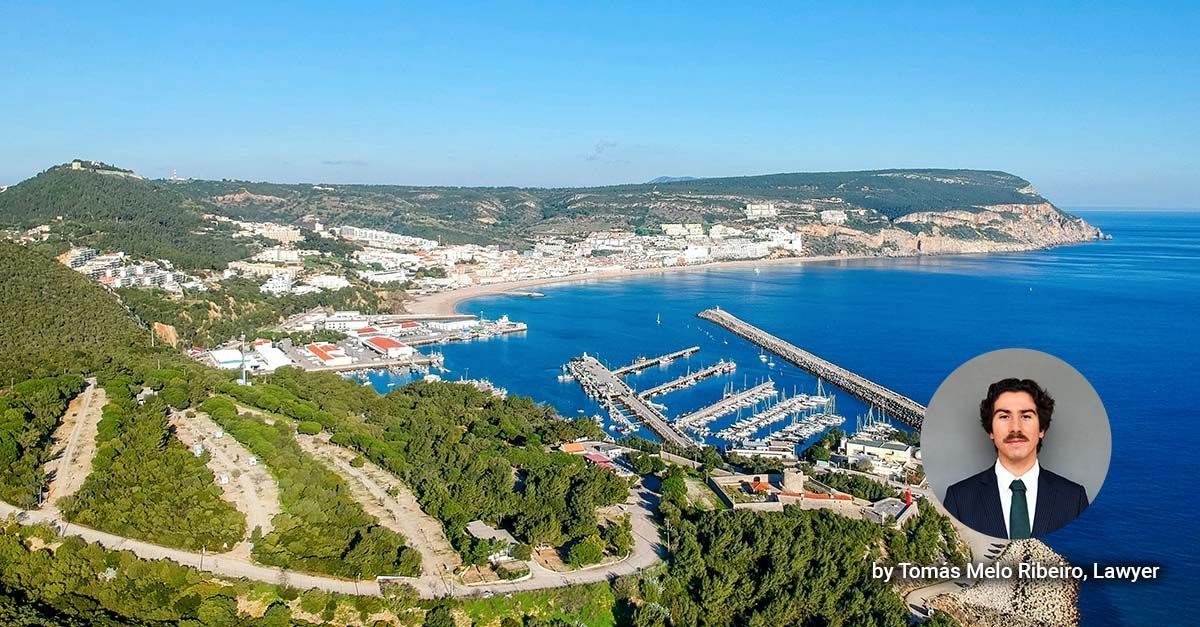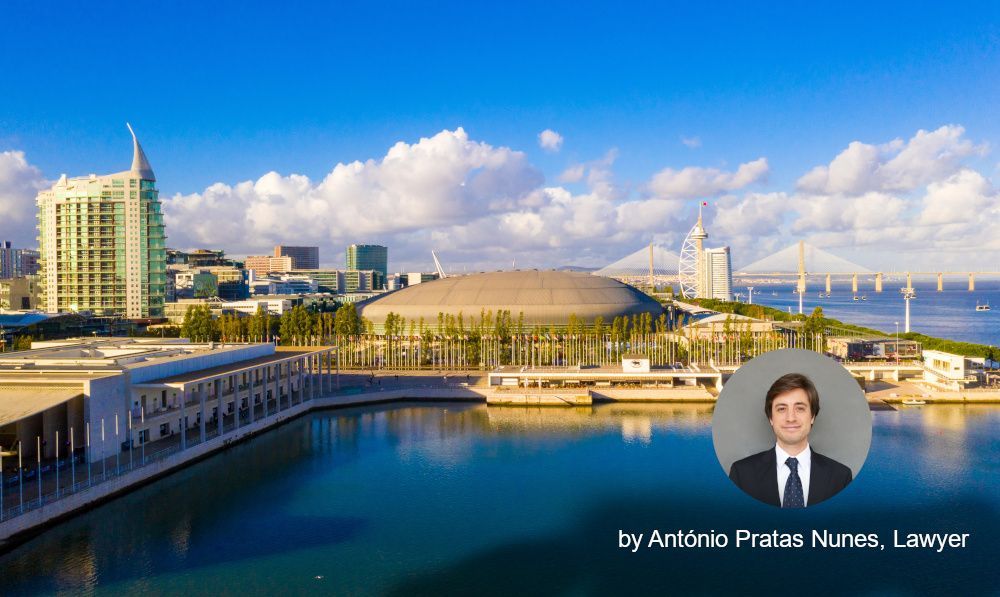Portugal's Digital Nomad Programme

Manuella Sena | Immigration Consultant
Portugal has long been known as the ideal destination to retire. Nowadays, it is increasingly one of the most attractive destinations for those who are initiating their lives and careers, as it ranks among the top places to live due to its charming lifestyle, great weather, security, hospitality. Additionally, the enticing tax advantages further elevate Portugal's appeal as a prime location for relocation.
Since the pandemic, the way we live and work has been significantly changed. People all over the world are moving and changing their lives and careers based on what fulfils them most. As a result, there is a wave of expats, digital nomads, entrepreneurs, and retirees settling in Portugal in search of a better life.
With that in mind, the Portuguese “Digital Nomad Visa” was recently implemented by the Portuguese government, allowing non-EU/EEA/Swiss citizens to apply for residency in Portugal while having a remote job.
There are two different subtypes for the Digital Nomad Visa, depending on how long the applicant wishes to stay in the country:
1. Temporary Stay Visa
If the applicant intends to stay for a brief period in Portugal, the Temporary Stay Visa is a good option as it is valid for one year only and allows an individual to work and live in the country.
It is important to highlight that this route can be extended for 1 year, subject to analysis by the Portuguese Immigration Authorities. Despite of that, this visa will not be converted into a Portuguese residence permit.
The Temporary Stay Visa for Digital Nomads must be applied for at the Portuguese Consulate that serves the applicant's current region of legal residence.
2. Residence Visa + Residence Permit for Digital Nomads
In case the Digital Nomad have longer term plans in Portugal, the visa for residency purpose is the ideal route.
The application for this option (which will be converted into a residence card) must be preceded by a special residence visa (first step), applied for by the main applicant at a Portuguese Consulate serving the applicant’s current region of legal residence.
The next step is to apply for the residence permit. The applicant must enter Portugal having the special residence visa issued by a Portuguese Consulate (valid for 4 months only). Once in Portugal, the applicant will need to apply for the residence permit at the SEF – The Immigration and Border Service.
The residence permit must be renewed at the end of the second year and then every three years; but subject to passing a language test of "basic Portuguese", its holder may apply for permanent residency and/or for Portuguese citizenship at the end of 5 years.
As a new resident of Portugal, the applicant will be eligible to benefit from a special tax status called "non-habitual resident" (NHR) tax regime, which will allow the new Portuguese resident to enjoy a 10-year tax exemption on most non-Portugal-sourced types of income.
The main requirements for applying to the the Digital Nomad Program (both routes) include:
In case of subordinate work, the applicant must provide one of the following documents:
· Work contract;
· Declaration by employer confirming the labour link;
In case of independent professional activity, the applicant must submit one of the following documents:
· Society contract;
· Contract of services provision;
· Document attesting the services provided to one or more entities
The applicant is required to demonstrate that the work can be performed remotely e.g. work contract, a declaration from the employer, etc.)
Furthermore, the applicant must prove an average monthly income of the last three months (from subordinate or independent work activity) equivalent to the Portuguese Minimum Wage multiplied by 4, which is currently €3,040.
An additional appealing factor is that relocating to Portugal can be quite straightforward regardless of the path taken, accompanied by numerous advantages. For instance, one can obtain citizenship after just 5 years of lawful residency and benefit from a 10-year tax exemption on the majority of foreign income through the Non-Habitual Resident Tax Regime.
Portugal offers an exceptional destination for expats seeking to enhance their lifestyle and experience new opportunities. The country boasts a rich cultural heritage, stunning landscapes, and a welcoming atmosphere that make it an ideal place to call home. Moreover, the ease of obtaining residency and citizenship, coupled with attractive tax incentives through the Non-Habitual Resident Tax Regime, further enhances the appeal of moving to Portugal. By choosing to embrace a new life in Portugal, one can enjoy the numerous benefits this captivating and vibrant country has to offer.
If you have further questions regarding this matter, get in touch with
Manuella Sena and she will be delighted to assist you.











